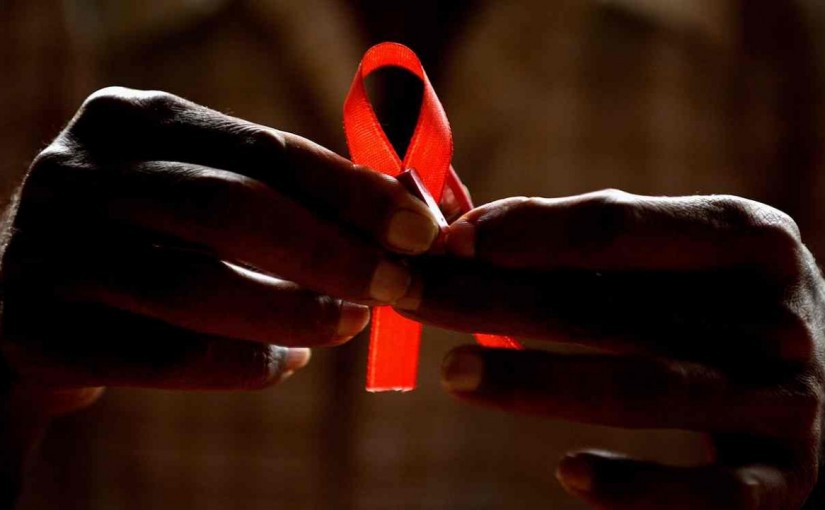Mozambique’s Catholic Bishops call for national commitment to healing ahead of Golden ...
Most spending on HIV/Aids still comes from foreign aid – Mozambique

File photo
In 2014, Mozambique spent 332.5 million US dollars on programmes to prevent HIV and AIDS, according to figures in a report on measuring HIV/AIDS expenditure, presented on Thursday by Benjamin Gobet, of UNAIDS (Joint United Nations Programme on HIV/AIDS).
Gobet said that, of this sum, 94 per cent came from foreign aid. 84 per cent of the expenditure came from the United States and from the Global Fund to Fight AIDS, Tuberculosis and Malaria. Only 16.2 per cent came from the Mozambican state budget, which is less than five per cent of total expenditure.
Most of the funds, he added, were allocated to diagnosis, care and treatment (38 per cent), coordination and strengthening of systems (34 per cent), prevention of HIV transmission from mother to child (seven per cent), training and synergies (five per cent), and blood security (two per cent).
Total expenditure on HIV/AIDS was equivalent to 2.1 per cent of Mozambique’s gross domestic product, and amounted to 25.2 US dollars a year per person
The implementation of the Fourth National Strategic Plan against HIV/AIDS for the 2014-2019 period will require 495 million dollars in 2019, and there is a financial shortfall of 163 million dollars for this year, said Gobet.
The main problem is the cost of anti-retroviral treatment for HIV-positive people, which could come to 250 million dollars a year. The new treatment protocols recommended by the World Health Organisation (WHO), if implemented by the Mozambican government, could further increase the shortfall.
The financial shortfall for anti-retroviral drugs and reagents is projected as 163 million dollars in 2019, and 361 million dollars over the entire five year period.
Jose Zelaya, also of UNAIDS, told the meeting that over 800,000 people are now benefitting from anti-retroviral treatment in Mozambique. The rate of new infections seems to be slowing down in the northern provinces, and has reached a balance in southern and central Mozambique.
The challenges of meeting the UN target of ending the HIV pandemic by 2030 “are still enormous”, said Zelaya. Consolidating the results achieved so far “requires additional costs. Efforts must be redoubled to mobilize resources, because they will not be sufficient”.













Leave a Reply
Be the First to Comment!
You must be logged in to post a comment.
You must be logged in to post a comment.